
By Bob Hicks
You out there, you poor wayfaring strangers stranded at the offramp of the Information Superhighway with a flat tire or a blown gasket or a speeding ticket from a Washington State Trooper who had his radar gun pointed the wrong way but also had a quota to fill and liked the looks of your out-of-state license plates …
Oh, wait. That’s us.
Months ago, in another cyber age, it seemed as if we were punching pithy posts onto this site with precipitous regularity, exploring the inner recesses of our odd obsessions and the outer recesses of the culture at large. And people visited. Like Elvis of Nashville and Jesus of Nazareth we even had “followers,” although we preferred to think of them as congenial partners in crime. Are any of you still here? Have you remained faithful, or at least hopeful? Or have we twittered your allegiance away?
Where has the summer gone, and why have we so adamantly exercised our right to remain silent?
Truth is, there’s been nothing adamant about it: It just sort of turned out that way. Life got hectic, kids were released from their school jail cells, travels beckoned, and our habit of recording our contemplations in this semi-public forum took it in the shorts. Don’t go away: We’ll try to do better from here on in.
To catch you up a bit, here are a few highlights of things we did and mostly didn’t write about.
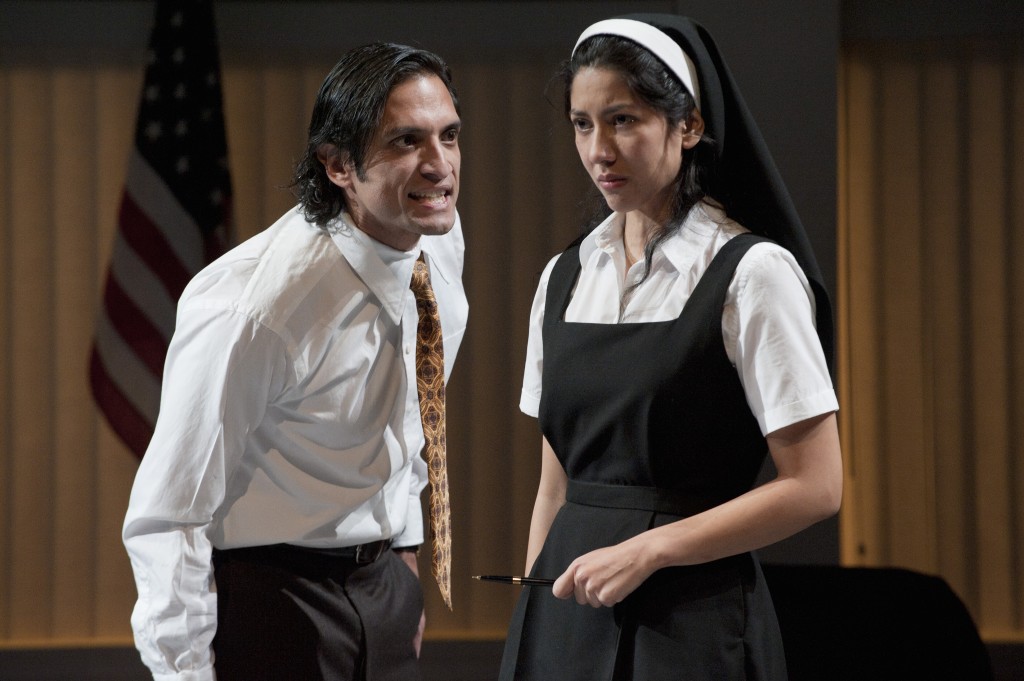 David Cooper/OSF
David Cooper/OSF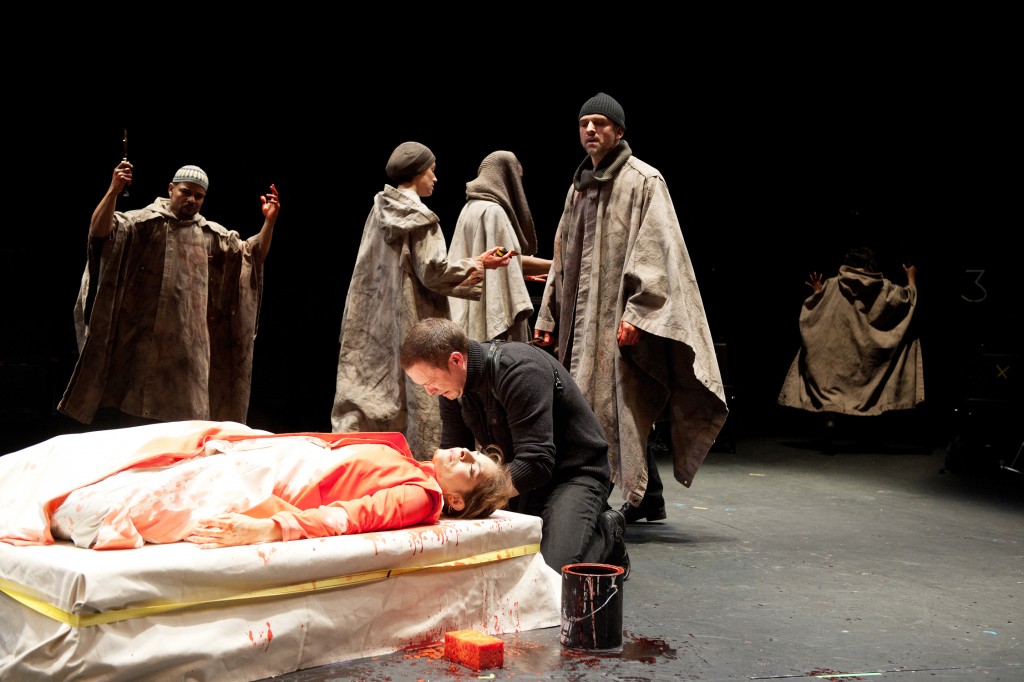 Jenny Graham/OSF
Jenny Graham/OSF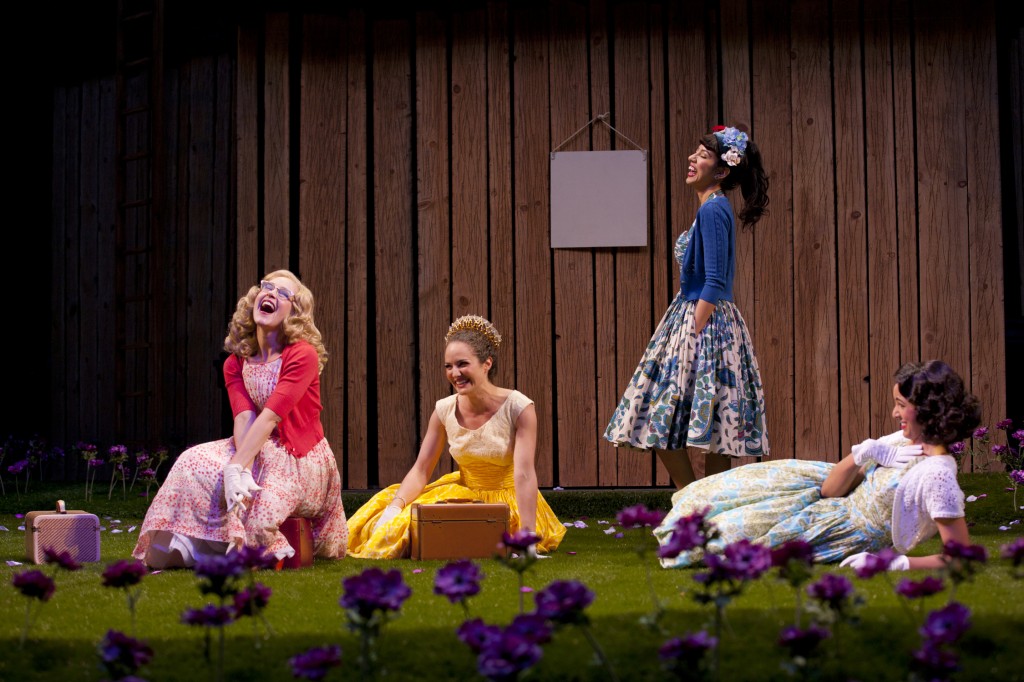 T. Charles Erickson/OSF
T. Charles Erickson/OSF

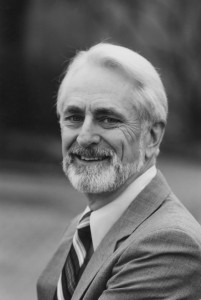 The mythology of the festival is that actor/director/artistic leader Angus Bowmer was the founding visionary, and he was. It was Bowmer who got things going in 1935, and when I began to go to the festival in the late 1960s and 1970s he was still around, still a quiet eminence, still a prominent spirit around the place.
The mythology of the festival is that actor/director/artistic leader Angus Bowmer was the founding visionary, and he was. It was Bowmer who got things going in 1935, and when I began to go to the festival in the late 1960s and 1970s he was still around, still a quiet eminence, still a prominent spirit around the place.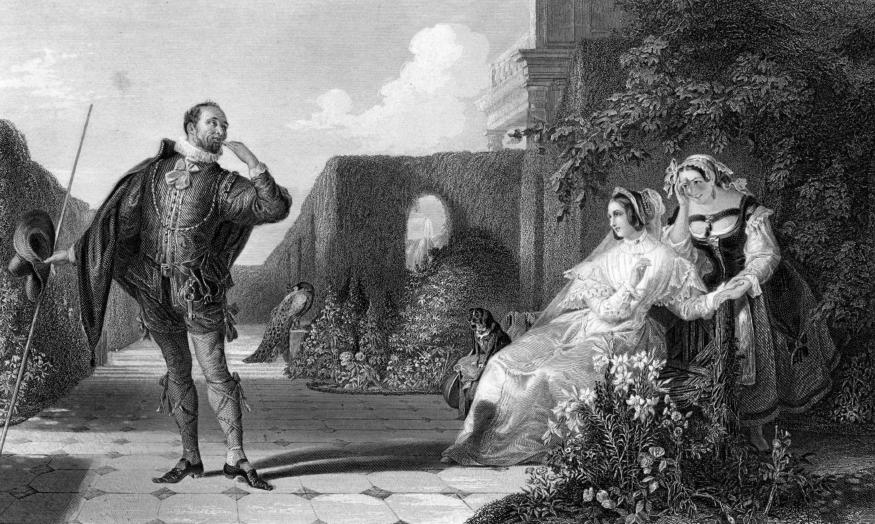
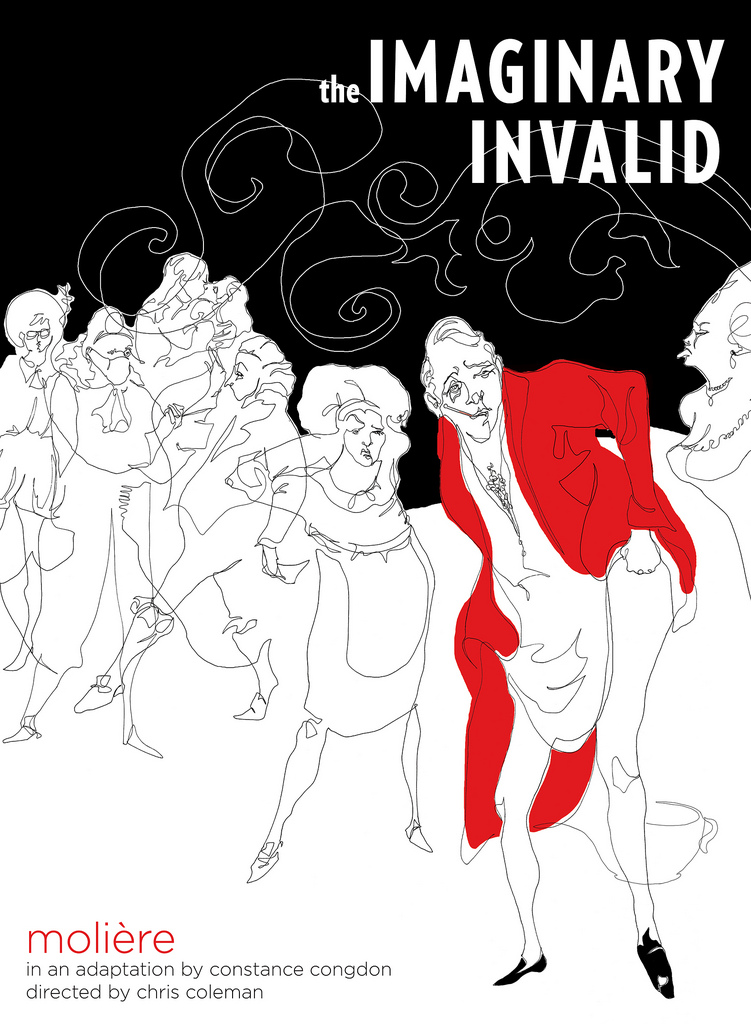 Pepys had notoriously little patience for Shakespeare and his fripperies. What might he have thought, then, of Constance Congdon’s adaptation of Moliere’s
Pepys had notoriously little patience for Shakespeare and his fripperies. What might he have thought, then, of Constance Congdon’s adaptation of Moliere’s  Mrs. Scatter has unearthed
Mrs. Scatter has unearthed 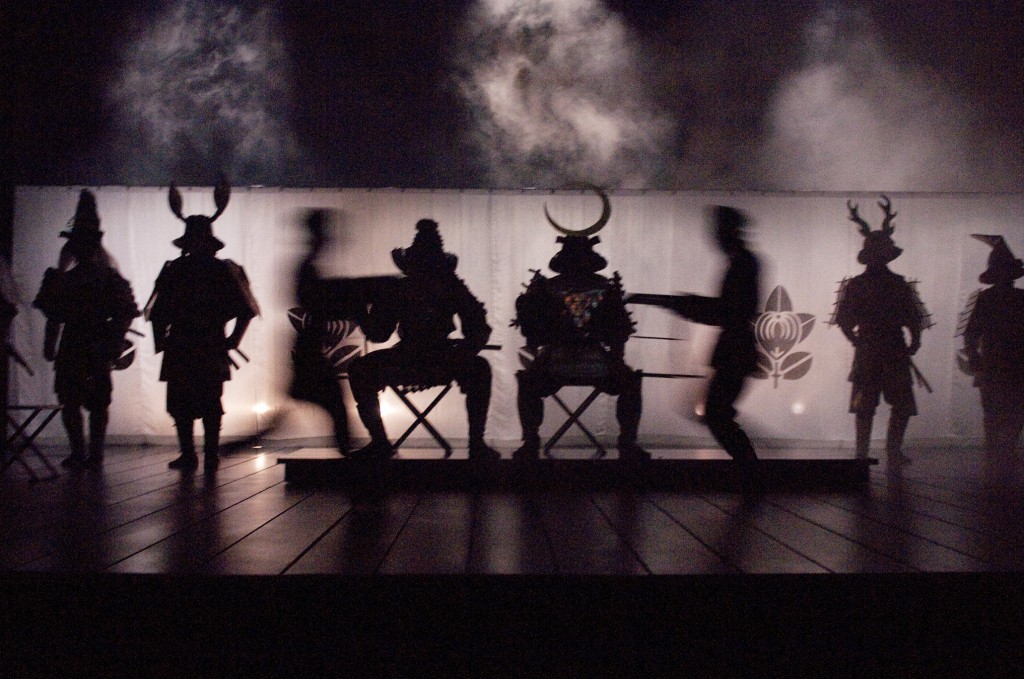
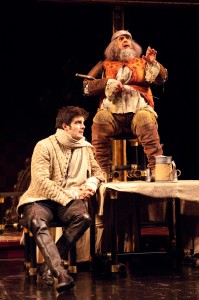 The festival is changing, reinventing itself in front of our eyes. It’s not a revolution, it’s a profound evolution: Ashland has joined the 21st century. This season’s fruit of reinvention includes American Night: The Ballad of Juan Jose, a smart and often uproarious piece of agitprop by Richard Montoya and
The festival is changing, reinventing itself in front of our eyes. It’s not a revolution, it’s a profound evolution: Ashland has joined the 21st century. This season’s fruit of reinvention includes American Night: The Ballad of Juan Jose, a smart and often uproarious piece of agitprop by Richard Montoya and